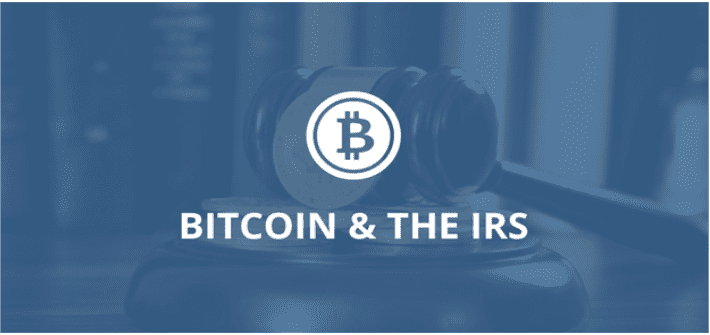Many people invest in digital currencies like Bitcoin, LiteCoin, and Etherium but they don’t always reveal their gains at tax time. According to Fortune, only a tiny percentage of cryptocurrency owners have been reporting profits and losses on their yearly returns. After examining the 2013 to 2015 tax returns of Bitcoin buyers, the IRS found that only 802 people did so although the digital currency exchange Coinbase had 2.9 million users.
In December 2016, the IRS ordered Coinbase to turn over its customer data, including account information and transaction records. When Coinbase refused, the government filed a federal lawsuit but later limited its demand to accounts with transactions over $20,000.
Now the IRS is starting to audit taxpayers who own cryptocurrency. According to an agency official, it has used its document matching program to identify a number of cryptocurrency tax cases and will soon be sending out notices.
An IRS tax investigator warned that Bitcoin users who have not been paying taxes on their income may soon be facing criminal prosecution. Until now, the law has been lagging behind the rapidly-evolving cryptocurrency industry, but now the IRS is aggressively pursuing evaders.
The investigator added that securing a conviction would be easier now than in the past, when most potential jurors would never have heard of Bitcoin. Today, the public is savvier about cryptocurrency, so the IRS intends to pursue the unpaid taxes that investors may owe.
What You Need to Know
Not all Bitcoin transactions are taxable. If you purchased it but never sold it afterward, you don’t typically owe tax, as the law still regards cryptocurrency as property and buying property is not a taxable event. You can also give cryptocurrency as a gift (provided the amount is less than $15,000) or buy it with a Solo 401(k) or Self-Directed IRA and not pay any taxes on the transaction.
You ARE required to report Bitcoin and other cryptocurrencies as income if you:
- Acquire and then sell it. For example, if you buy Bitcoin for $20,000 and sell it months later for $25,000, you must pay taxes on this $5,000 profit.
- Convert it into fiat currency by selling it on a cryptocurrency exchange, using a Bitcoin ATM, or getting a Bitcoin debit card.
- Receive free cryptocurrency through an airdrop or fork.
It is becoming more common for independent contractors to be paid in Bitcoin, and some online and brick and mortar retailers accept it as payment for goods and services. In some instances, employees have received compensation in the form of Bitcoin, and it all has to be reported on Form 8949 at tax time.
What If You Did Not Pay Bitcoin Taxes?
If you did not pay taxes on applicable Bitcoin transactions, the penalties will vary depending on your actions, any extenuating circumstances, and any additional factors deemed important by IRS auditors and agents.
Voluntary disclosure is an option if you approach the IRS before it notifies you of an impending audit or examination. The government has a long-standing policy of permitting taxpayers to avoid prison by disclosing that they may have been non-compliant in the past and offering to pay what they owe plus interest and penalties. An experienced tax attorney can help you mitigate the penalties you face by addressing and correcting your noncompliance.
Contact a New Jersey Tax Debt Attorney
If you have unreported Bitcoin income, you’re not alone. ‘Bitcoin taxes’ is the most-Googled tax topic for New York state, which suggests that a lot of people share your worry and concern. At Paladini Law, we have successfully negotiated many voluntary disclosures with the IRS. If you have unreported cryptocurrency transactions, Paladini Law can work with you to make good faith arrangements with the IRS to pay all back taxes and appropriate interest and penalties.
Attorney Brad Paladini, who has a Master of Laws in Taxation, has represented many taxpayers with undisclosed foreign income and helped them enter the Offshore Voluntary Disclosure and the Streamlined Filing Compliance Procedures. He will treat your cryptocurrency situation with the same degree of knowledge and expertise, so that past tax mistakes don’t impact your future. For more information, please contact us or call 201-381-4472.



